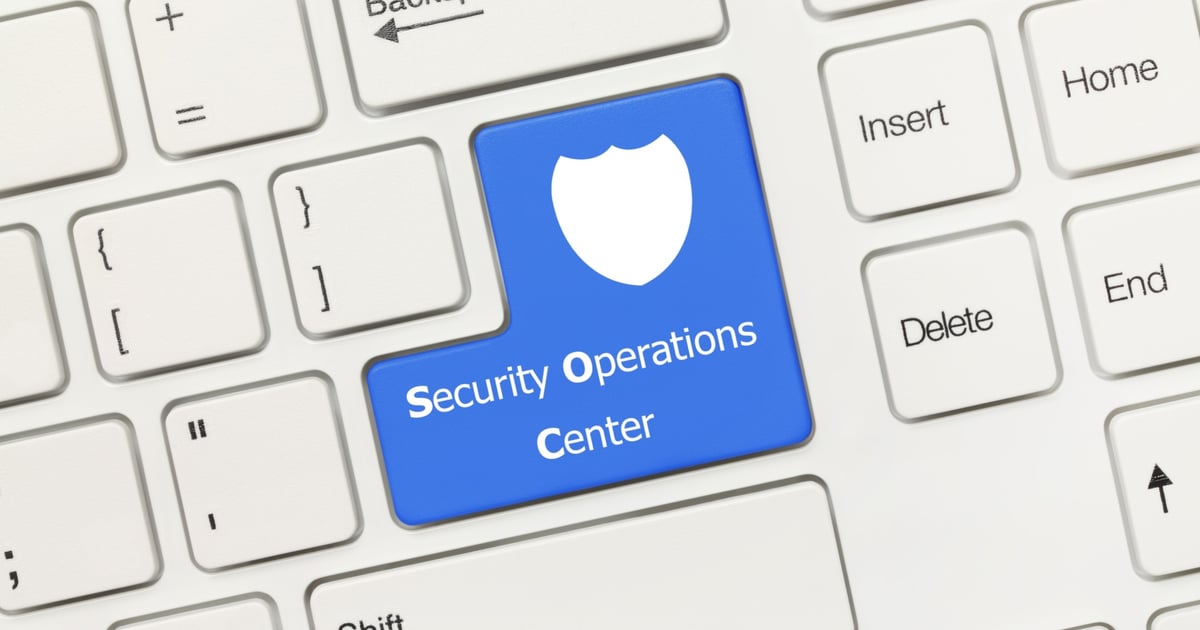
July 16, 2024 at 05:50PM
The top three technologies for new hires in enterprise security operations centers (SOCs) are SIEM, host-based extended detection and response, and vulnerability remediation. Additionally, hard skills such as cloud security, PowerShell expertise, and automation are highly valued. Soft skills like critical thinking, problem solving, attention to detail, and communication are also essential. The SANS survey revealed improvements in SOC retention rates due to factors such as increased automation and better work environments. In-demand skills for SOC analysts include cloud platform knowledge, Active Directory understanding, and PowerShell proficiency. While SOC practitioners aren’t fully satisfied with the initial use of AI and ML tools, it’s recognized that these technologies are set to fundamentally change the SOC landscape and skills requirements. AI is expected to enhance automated threat detection, proactive threat hunting, alert fatigue reduction, and predictive analytics, necessitating SOC analysts to acquire machine learning algorithms and data analysis techniques. Junior analysts are advised to focus on developing critical thinking skills, as AI will handle basic tasks, while creative thinking and understanding business context are emphasized as important assets for SOC professionals. Also, the SOC is expected to increasingly deal with niche threats such as supply chain security issues in the future.
Based on the meeting notes, the key takeaways are as follows:
1. The top hard skills for new hires in cybersecurity include familiarity with SIEM, host-based extended detection and response, and vulnerability remediation. Additionally, survey results indicate a high demand for skills in cloud security, PowerShell expertise, and automation of repetitive tasks and systems management functions.
2. Core hard skills essential for SOC analysts include incident handling and response, threat hunting, cloud security, digital forensics, Python, PowerShell, and bash scripting.
3. Soft skills such as critical thinking, creative problem solving, attention to detail in rapidly changing environments, and effective communication at both technical and interpersonal levels are also important for SOC professionals.
4. Despite ongoing challenges such as lack of automation and orchestration, high staffing requirements, and shortage of skilled staff, the survey reported an improvement in staff retention rates at many SOCs due to factors such as increased automation of tier-1 triage and analysis, better work environments, and management-track leadership training for high performers.
5. In-demand SOC skills currently include cloud platform knowledge, understanding of Active Directory and Entra ID, and PowerShell expertise, in addition to the core skills of SIEM and XDR.
6. The use of artificial intelligence (AI) and machine learning (ML) tools for SOC analysis purposes is poised to fundamentally change the SOC landscape, and SOC analysts are expected to become familiar with machine learning algorithms and data analysis techniques to interpret AI-generated insights.
7. AI tools are anticipated to reduce the need for junior analysts to respond to basic alarms, shifting the focus towards critical thinking and creative problem solving in providing context and understanding business implications of security incidents.
8. Creative thinking remains a key asset for SOC professionals, and the analysis predicts that niche threats like supply chain security issues will become more important over the next few years.
These takeaways summarize the key points discussed in the meeting notes and provide an overview of the current and future trends in cybersecurity and SOC operations.